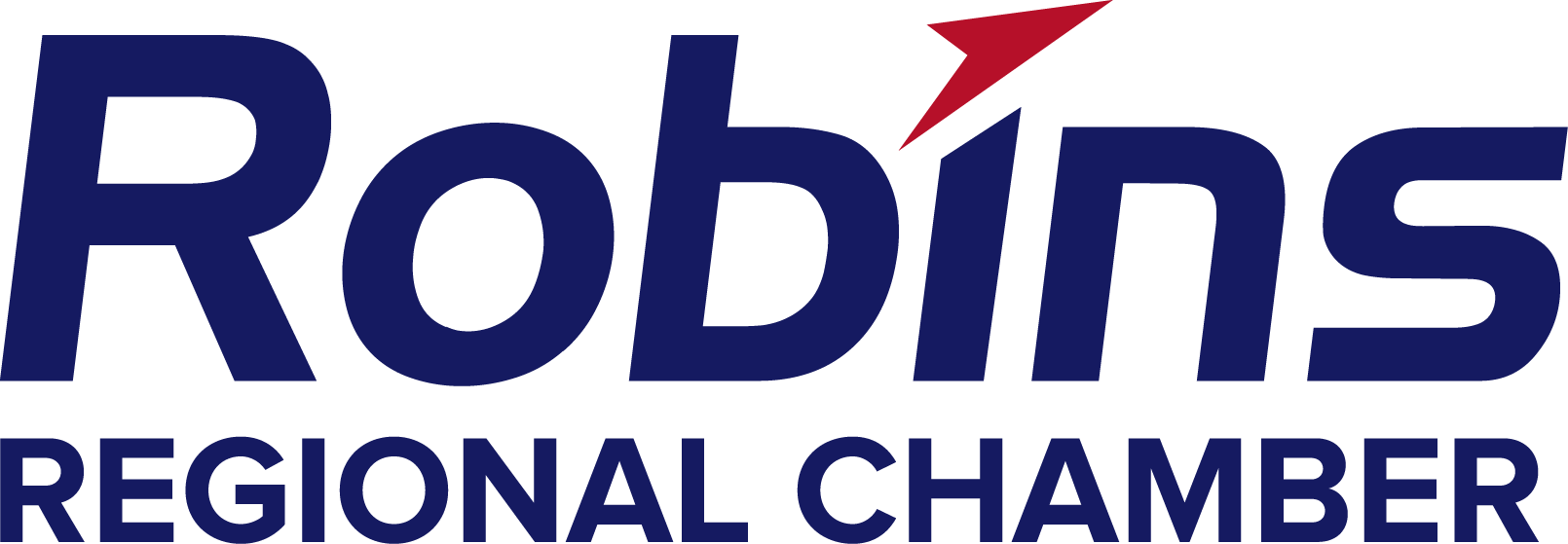Georgia COVID-19 Pandemic Business Safety Act Protects Businesses from Coronavirus Liability
By: Brittany E. Bennett, Esq.
Governor Brian Kemp recently signed new legislation, S.B. 359 , known as the “Georgia COVID-19 Pandemic Business Safety Act” limiting liability claims brought by customers, employees, or members of the public who contract or allege exposure to the virus. The new law took effect immediately and is set to expire in July 2021. It applies broadly to claims brought against businesses, nonprofits, and individuals, while also specifically protecting health-care providers.
The new Georgia law allows liability claims to succeed only in cases where the business or other organization showed gross negligence or similar disregard for health and safety standards. The Act protects businesses from liability related to the coronavirus.
The Act even outlines the following language for businesses to use on its receipts or other forms of proof of purchase (“receipt warning”):
Any person entering the premises waives all civil liability against this premises owner and operator for any injuries caused by the inherent risk associated with contracting COVID-19 at public gatherings, except for gross negligence, willful and wanton misconduct, reckless infliction of harm, or intentional infliction of harm, by the individual or entity of the premises.
OR the following warning posted on the outside of the premises (“outside warning”):
Warning
Under Georgia law, there is no liability for an injury or death of an individual entering these premises if such injury or death results from the inherent risks of contracting COVID-19. You are assuming this risk by entering these premises.
O.C.G.A. § 51-16-4.
(The font for the “receipt warning” must be at least ten-point Arial font placed apart from any other text. The font for the “outside warning” must be at least one-inch Arial font placed apart from any other text.)
The Act does not protect businesses from gross negligence, willful and wanton misconduct, reckless infliction of harm, or intentional infliction of harm, in an action involving a COVID-19 liability claim. This basically means that if a business (through its agents or otherwise) does not follow State and local safety procedures/protocols at all, or intentionally infects a patron/employee with COVID-19 then a claimant could recover against the business.
The Act also does not prevent an individual from filing a lawsuit. The Act simply limits liability by creating a “rebuttable presumption” against liability. This means that it is automatically presumed that the claimant assumed the risk of harm when he/she entered the premises. This assumption can be overcome by the claimant but is more difficult to do so. If a claimant cannot overcome the assumption, then the claim fails, and the business is not liable.
The rebuttable presumption is only given if the business follows the safety procedures and protocols and posts a warning as described above.








